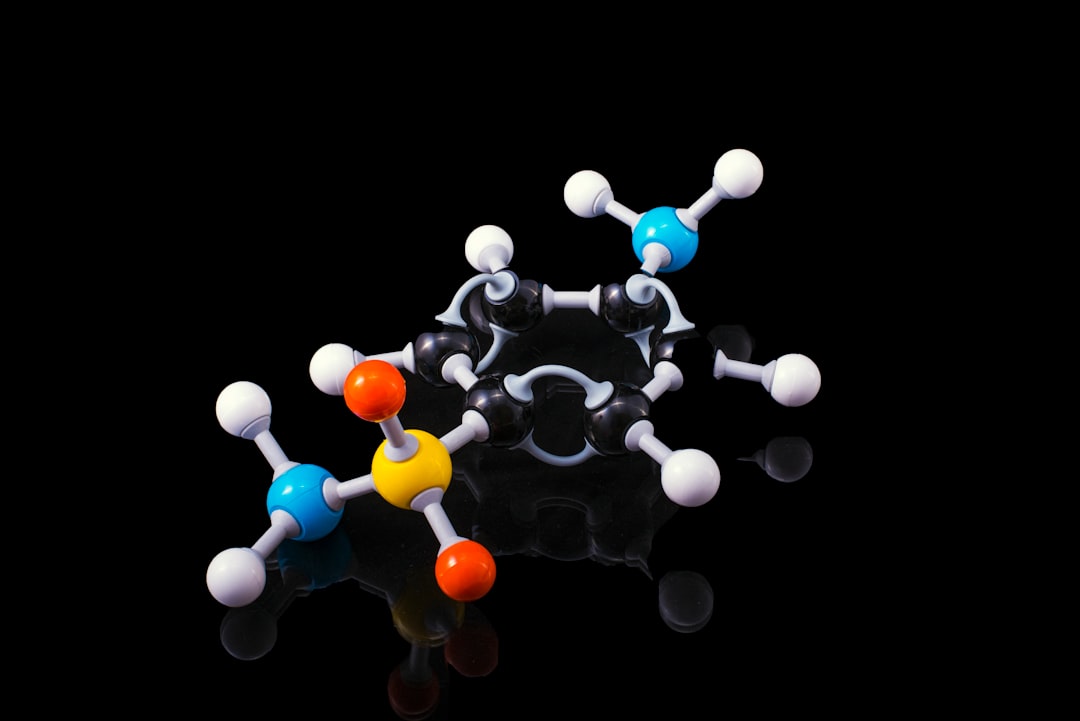What is it about?
Proteins when heated or exposed to extreme physical or chemical forces tend to denature and aggregate and becomes non-functional. Large proteins are made of smaller folded parts called domains. One domain of the protein named L-asparaginase was isolated out. This domain was then added to different proteins which were heated or denatured. It was found that the heated protein were protected from undergoing aggregation in the presence of the isolated domain, thus working as a chaperone.
Featured Image
Why is it important?
Many industrial and therapeutic proteins undergo aggregation during storage or transportation or even due to their normal short shelf life. The use of the protein domain reported in our study will prove useful for extending the life of other vulnerable proteins.
Perspectives
This is a first report where domain of a protein without any sequence or structural similarity to known molecular chaperones have been found to possess aggregation prevention property. People from industry involved in production of recombinant proteins are contacting me for the knowhow. I am planning to market this as a general formulation as protein stabilizer
Dr Bishwajit Kundu
Indian Institute of Technology Delhi
Read the Original
This page is a summary of: N‐terminal domain of Pyrococcus furiosus l‐asparaginase functions as a non‐specific, stable, molecular chaperone, FEBS Journal, April 2013, Wiley,
DOI: 10.1111/febs.12271.
You can read the full text:
Contributors
The following have contributed to this page










